One of the most important aspects of a broker is security. Being registered does not guarantee that a forex broker is licensed to offer their service. Learn the hidden truth here.
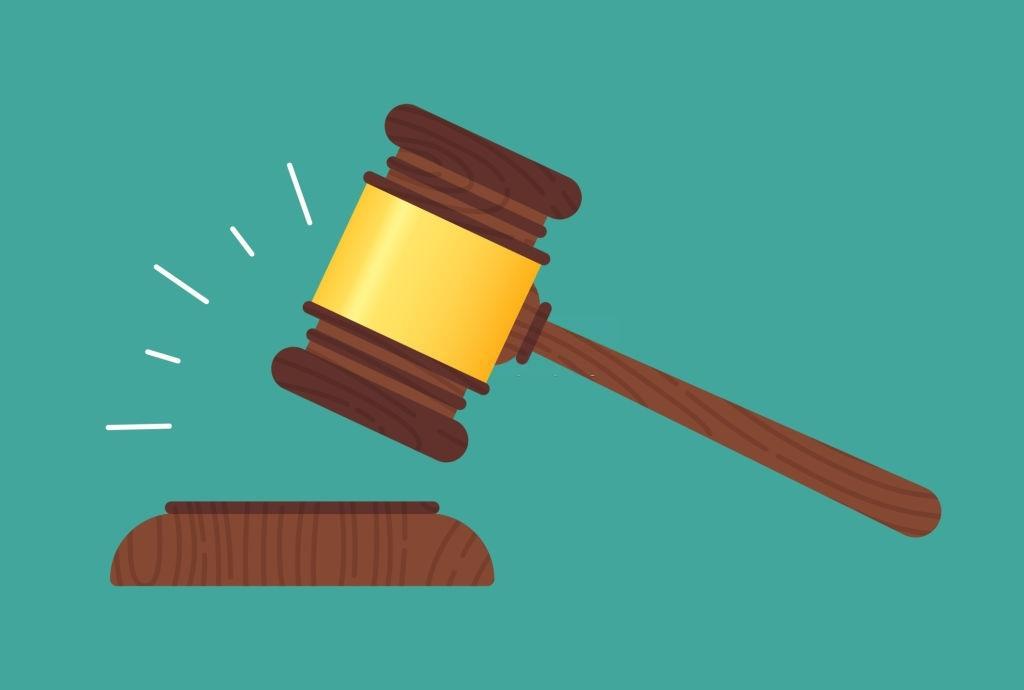
Choosing a broker requires you to consider a list of criteria to make sure that you get what you want from the forex broker. Although each trader usually has a unique preference in picking a broker, there is one thing that is universal and equally important for any type of trader: the security of the broker. As a trader, this aspect is highly crucial because it will determine the affectivity of trading, how much funds to deposit, as well as other investment decisions. The easiest way to judge a broker's security level is by looking at their regulatory status.
Just like any other aspect in forex brokers, security features also varies from one broker to another. While certain regulatory bodies such as FCA (UK), ASIC (Australia), and NFA (US) are considered safe and trustworthy, there are also the lower-tier regulators that need more attention. That is why traders need to take this into account and scrutinize the regulatory status of the broker. Unfortunately, not all traders realize this or fully understand the details in a broker's license, so they are often caught in scams or fooled by the mentions of institutions that only "seem credible".
See Also:
The high importance of this matter makes it one of the hottest topics in the discussion among traders. Therefore, in this article, we will elaborate more on the hidden truth to clear up some viral misconceptions regarding the regulatory status of a forex broker.
1. Know Your Broker's Regulatory Status
When it comes to a broker's regulatory status, there are a few terms that you should know such as registered, regulated, licensed, and authorized. At first glance, these terms may sound similar, but actually, each has a specific meaning.
- Registered
If a broker is "registered", that means that the broker's registered as a company in a certain country and has one or more offices in that country. In this category, the broker does not necessarily have a license to operate as a broker and is usually not actively monitored by the country's regulatory body. The company's operations are also not always centered on the main office address but it could be outsourced to other areas. In other words, the broker is only registered as a company, but not specifically as a forex brokerage company under the authorization of a financial regulator. - Regulated
If a broker's "regulated", that means it has obtained a license to operate as a broker in a country and is listed under the country's regulator. In this case, the broker doesn't need to have a license to operate as a broker in another country. If there is a legal issue, it will be resolved in the area of origin of the broker's license, not the client's area of residence. - Licensed
Basically, if the broker's "licensed", then it's just as good as "regulated". It means that the broker has obtained a license to operate as a broker in the country and is protected by its laws. Just like regulated brokers, if there is a legal issue, it will be resolved in the area of origin of the broker's license. - Authorized
If a broker's "authorized", that means it has the authorization to operate at a certain capacity in a country, but not necessarily as a forex broker. The actual license may not be for a brokerage business, but it could eligible only for educational institutions, analysts, fund management, or others. If you found a broker that is only authorized and not regulated or licensed, don't judge straight away because the authorized license can also be the license to become a broker.
Although the four terms mentioned above may sound the same and have a similar meaning, the implications are different. If a trader does not know this fact beforehand, it is easy to misinterpret the meaning of each term. To fully understand the practical use of the four terms, imagine the following scenario.
In America, each legal company must register themselves at the federal government. However, not all companies registered there are forex brokers; it could be a business company, publishing company, and so on. Meanwhile, to legally operate as a forex broker in America, the brokerage company must register at the Commodity Futures Trading Commission (CFTC). Similar patterns can also be found in other countries.
Therefore, if the company's only "registered" in a country, then you must do further research to check if the company's really registered as a forex broker or not. Make sure that the company has a broker license from the local regulatory body.
2. Know Your Broker's Regulatory Bodies
In general, there are two types of regulators: the official government-formed regulators and the associations. The prominent examples of the first type are FCA (UK), CFTC (US), ASIC (Australia), etc. Although some of these institutions have an independent status or do not operate directly under the government, their establishment is based on certain laws, and their existence is recognized by the country as a legal authority in the field of forex trading.
The regulators are bind to the laws of the country. Therefore, forex brokers that are registered with these regulators automatically become a legal entity. So, if the broker breaks certain rules and eventually gets its license revoked, it will change their legal status.
Brokers that are registered in these regulators are usually considered more credible because there are certain standards that should be fulfilled and already approved by the government. Not only that, the regulators in this group are obliged to perform regular monitoring and maintain certain standards to the brokers under their legal protection.
Meanwhile, there are also regulators such as Finacom (The Financial Commission) and CRFIN (Center for Regulation in OTC Financial Instruments) which are categorized into the second group; the associations. These regulatory bodies usually define themselves as a Self-Regulatory Organization (SRO), which means that these non-governmental organizations do not necessarily have the authority of any jurisdiction to act as brokerage regulators. Their status is actually just some kind of an organization consisting of several players in the financial industry as members.
In contrast to the first group, brokers are not required to register at these regulators, so the membership is voluntary. Even after becoming a member, the broker can leave freely without major consequences. Compared to the government-approved regulators, the associations don't have a certain standard that needs to be fulfilled. The operational standards and rules usually depend on mutual agreement between the brokers and the SRO institution.
Both regulators formed by the government and SRO institutions may charge fees to the brokers. However, the amount of fees charged by the government-approved regulators is bound by legal obligations and the goal is to regulate brokerage operations and protect the interests of clients in their jurisdiction. Meanwhile, in the SRO institutions, traders can't expect any form of law enforcement, especially if there is a conflict of interest between the brokers and the clients.
See Also:
3. What Does "In Process" Mean?
The last common term claimed by a broker is the term "in process". Some brokers might claim that they are in the process of applying for a license or a license extension. But in reality, not all brokers are true to their words. Some of them don't actually apply for any license and only use those words to steal the clients' funds.
Therefore, it is important not to easily swayed by a broker's statement about the "in process" status. They might say that the license is still "in the process of being reviewed" or "in the process of being extended". Even if the license is indeed "in the process", the broker's still unregulated during that time, so scam practices are still possible as they are not yet bound by any regulatory standard.
The Bottom Line
As a trader, it is vital to understand that the regulatory status of a broker is never absolute. It only shows the current status of the broker, but it can change at any time. Obtaining a license is not the end goal of the broker because the regulator is going to evaluate it on a regular basis. Maintaining the license, on the other hand, is the real deal. If everything goes smoothly, the broker will get to keep the license and maintain a good track record of compliance with the rules. But if there is a problem, the regulator might give a special warning and suspend the broker. If the problem persists until a certain period of time, then the regulator may revoke the license or push the broker to voluntarily resign.
In recent years, scam practices are considered quite common in forex trading. That being said, as a trader, we must be careful and stay cautious of the broker we pick. To put it simply, forex trading in itself is already complicated without having to deal with scam issues. That is why to prevent those unnecessary matters, traders must pay attention to the security of the broker by checking the broker's regulatory status. Make sure to look for a company that is firmly and clearly "licensed" or "regulated" under an official regulator before checking that it is able to accommodate your trading conditions.

 Dedicated FREE FOREX VPS
Dedicated FREE FOREX VPS Free FOREX Virtual Private Server
Free FOREX Virtual Private Server MT4 Demo Contest, Get $500
MT4 Demo Contest, Get $500 Sign Up for an Account, Claim 60% Deposit Bonus
Sign Up for an Account, Claim 60% Deposit Bonus Free MT4/MT5 VPS 2024
Free MT4/MT5 VPS 2024 Send E-mail and Get Free Merchandise
Send E-mail and Get Free Merchandise $1K Refer a Friend Bonus for Pepperstone Pro clients
$1K Refer a Friend Bonus for Pepperstone Pro clients Maximize Your Earnings with 100% Deposit bonus
Maximize Your Earnings with 100% Deposit bonus Trade to Win, $5,000 Monthly Demo Contest
Trade to Win, $5,000 Monthly Demo Contest Claim 30% + 15% Deposit Bonus from LiteFinance
Claim 30% + 15% Deposit Bonus from LiteFinance
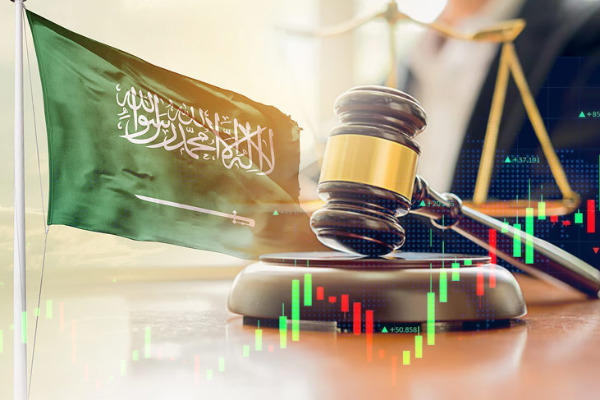
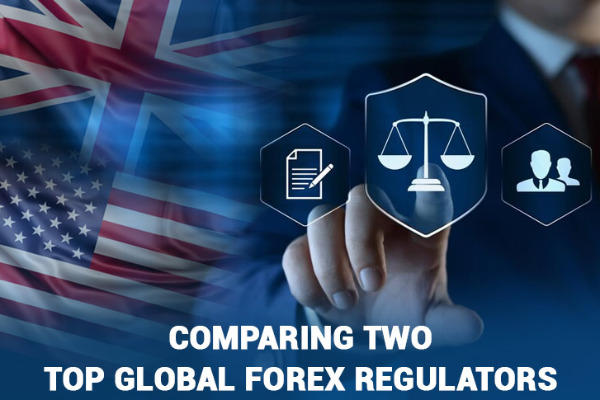
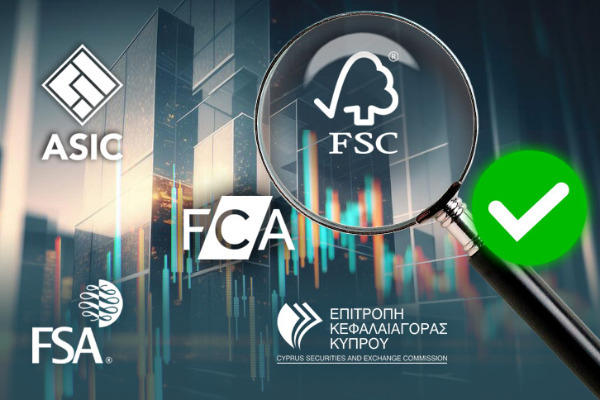
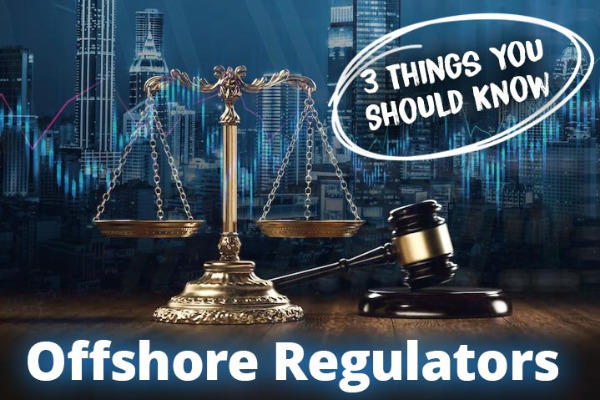
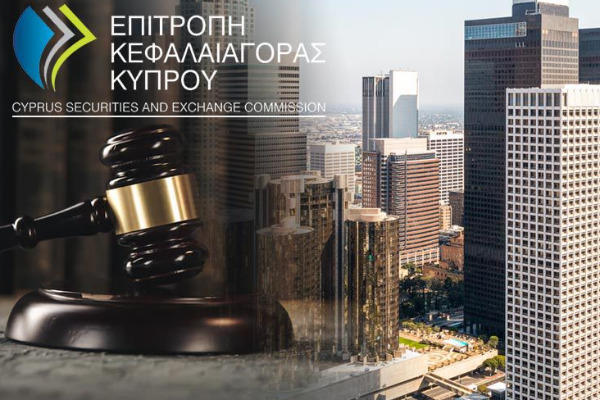
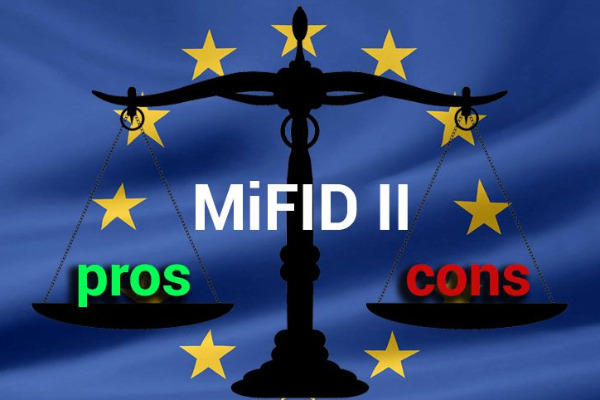
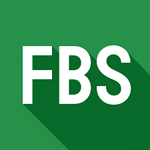
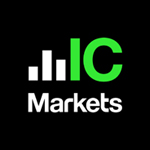
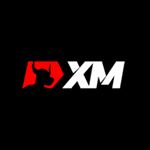


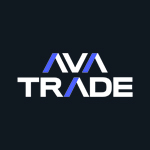
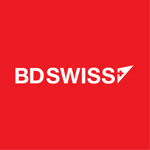
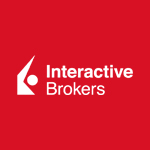
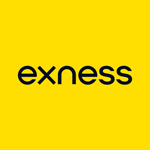
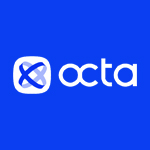
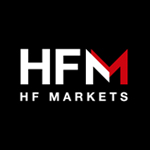

1 Comment
Charlotte
Nov 22 2022
Cheers for sharing your knowledge, mate. So, a regulated broker might be licensed in another country, but not in our own backyard. If you have a beef with them, you'll need to sort it out in the country where they're licensed. On the other hand, a licensed broker is regulated both here and overseas. That means you can sort out any dramas right here in our own country. Am I right?
Jenny
Dec 20 2022
Charlotte: Based on article I can said that :